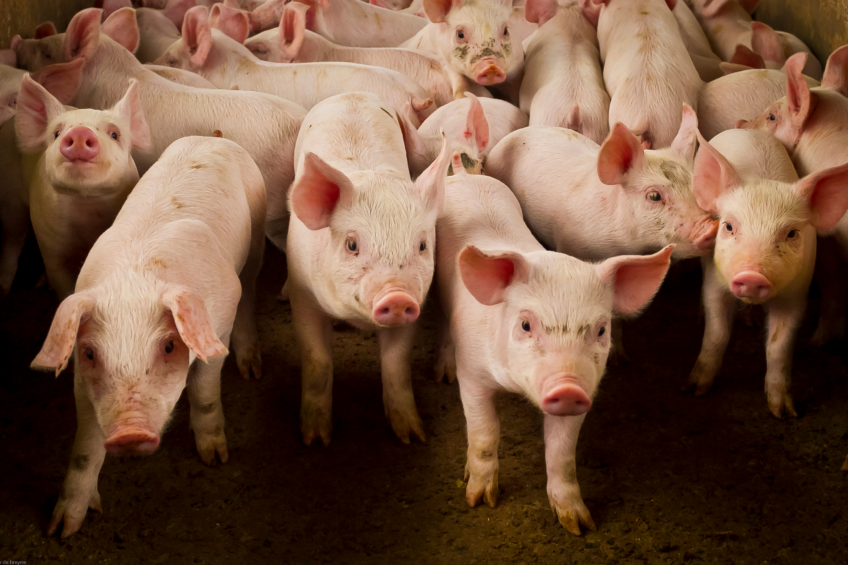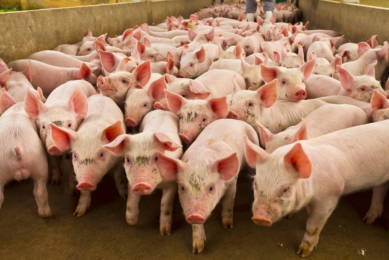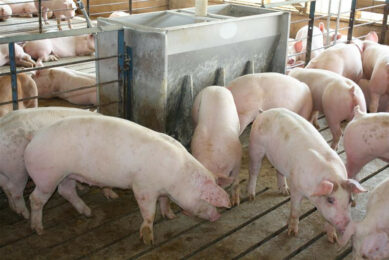Updates in US pig farming: beagles, emissions and Prop 12

Recent updates in the U.S. pork industry include permanent funding for the USDA’s Beagle Brigade, draft air quality guidelines for livestock farms from the EPA, and ongoing opposition to California’s Prop 12 by the National Pork Producers Council (NPPC). These are the latest developments.
The threat of African Swine Fever entering North America is still as large as it ever was, and so is the devastation it would cause to US pork farms. The National Pork Producers Council (NPPC) is therefore happily greeting news that the Beagle Brigade Act introduced last year has been approved by the US Senate, lending permanent funds and formally providing congressional authorization for the US Department of Agriculture’s (USDA) National Detector Dog Training Center in Georgia.
The center has been operating through unstable user fees, which dropped during the pandemic. For decades, these dogs have been used at airports, ports and land borders to alert handlers to contraband materials. The NPPC shares that “on a typical day, Border Patrol seizes more than 4,600 plants, meat and animal byproducts that must be quarantined or destroyed.”
NPPC’s science and technology legal counsel Andrew Bailey has stated “we have been working really hard over the years to keep it funded to make sure they’re properly staffed up…[These dogs] are that first line of defense against foreign animal diseases.”

Air quality
After almost 20 years of requests, the Environmental Protection Agency (EPA) has finally published draft air emission estimating methodologies for livestock farms. This, notes NPPC, will “help farmers better understand the application of the Clean Air Act and other regulations to their farms.” EPA will be accepting comments on the draft until February 17, 2025.
12 years ago, the US pork industry negotiated agreement that absolved producers from Clean Air Act emissions violations because there were no standards for measuring air emissions from farms, in exchange for participating in a National Air Emissions Monitoring Study. Since that time, NPPC has pointed out that “every farm is different, and there are no easy ways to develop emission reporting or permitting thresholds.”
At the same time, two technical reps from the pork industry have been chosen to join the USDA Air Quality Task Force. This group examines the connection between agricultural production and air quality and advises the Secretary of Agriculture on scientifically-sound, cost-effective solutions.
Prop 12 update
Meanwhile, the NPPC is strongly against a new version of the so-called ‘Farm Bill’ (the large and complex ag bill that must be passed periodically to give policy and funding direction) because it fails to address Prop 12 concerns. NPPC prefers the House Agriculture Committee’s bipartisan Farm Bill and Senate Republican’s Farm Bill framework.
“NPPC, which has fought against Prop 12 for the past 5 years, strongly encourages Congress to fix Prop 12 and prevent a 50-state patchwork of conflicting regulations where other states impose their own farm production standards on producers outside their borders.”











